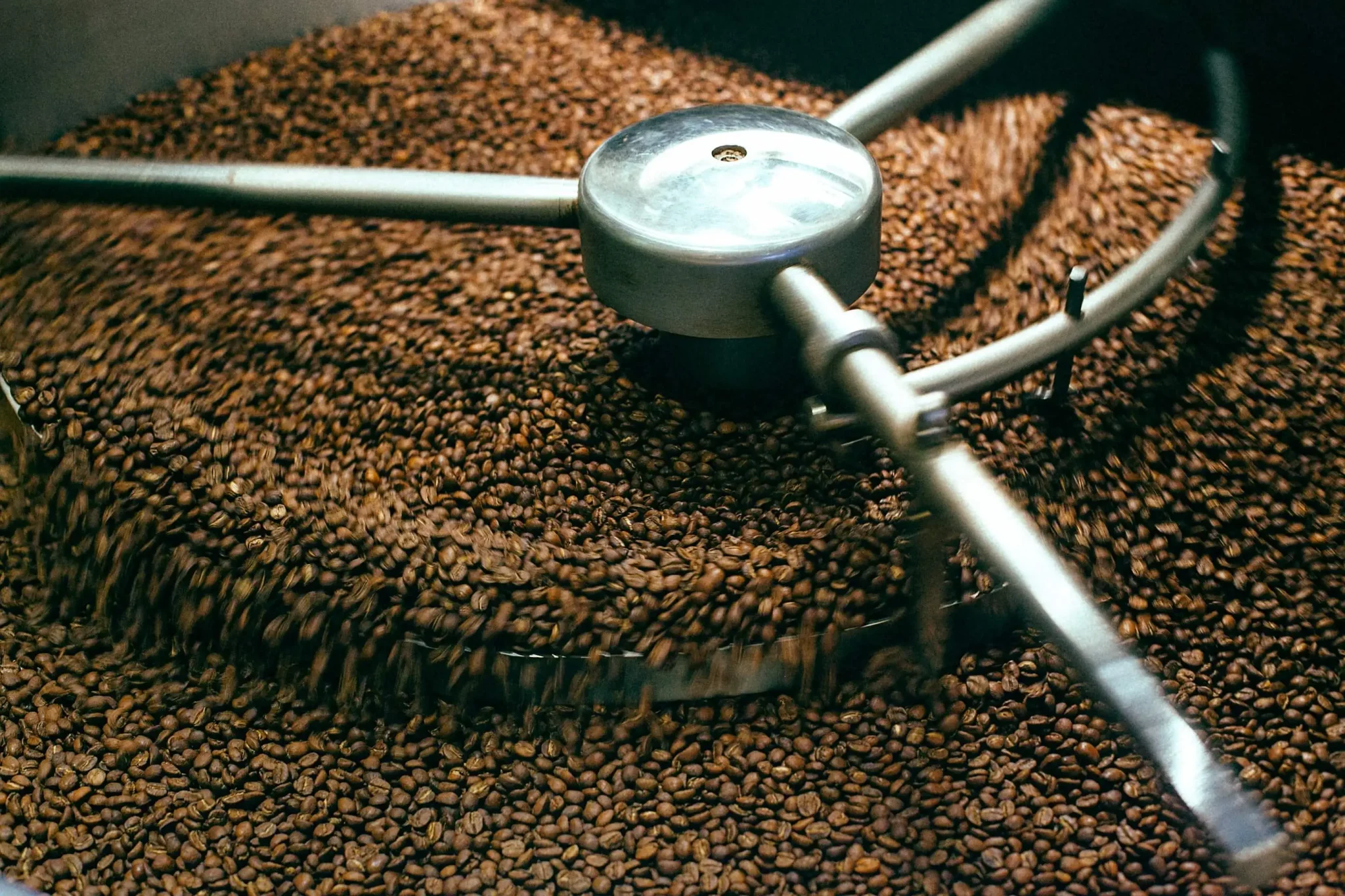Coffeo Couch is reader-supported. If you buy through links on our site, we may earn a small affiliate commission at no extra cost. Learn more.
Is Coffee Good for Your Brain? Exploring Neuroprotective Benefits

If you’re a dedicated coffee enthusiast, you’ll be thrilled to learn that your love for strong coffee and the question, “Is coffee good for your brain?” could offer more than just an energizing kick. Emerging research suggests that consuming strong coffee might protect against the development of neurodegenerative diseases like Alzheimer’s and Parkinson’s.
Table of Contents
The Neuroprotective Power of Caffeine
- Strong coffee contains higher levels of caffeine, a natural stimulant known for its cognitive benefits.
- Caffeine caffeine triggers the production of “brain-derived neurotrophic factor” (BDNF), a protein crucial for neuron growth and health.
- BDNF promotes neuroplasticity, helping the brain adapt and recover from injury, stress, and diseases.
Antioxidants: Guardians of Brain Health
- Coffee is rich in antioxidants, such as chlorogenic acid and quinides, which combat oxidative stress and inflammation.
- Oxidative stress is linked to the development of neurodegenerative diseases and can damage brain cells over time.
- Antioxidants in coffee may help neutralize harmful free radicals, protecting brain cells.
A Closer Look at the Studies
- Research studies have suggested a link between coffee consumption and a reduced risk of developing Alzheimer’s and Parkinson’s disease.
- A study published in the “Journal of Alzheimer’s Disease” found that caffeine intake could delay the onset of Alzheimer’s and enhance cognitive function.
- Another study in the “Journal of Neurological Sciences” revealed a potential protective effect of coffee against Parkinson’s disease.
Moderation and Balance
- While strong coffee may offer potential benefits, moderation is key. Excessive caffeine intake can lead to adverse effects such as anxiety and disrupted sleep.
- Individuals with specific health conditions should consult their healthcare provider before significantly increasing their coffee consumption.
Conclusion
Embracing your love for strong coffee could bring about more than an invigorating caffeine boost. Combining caffeine’s stimulation of BDNF production and the protective effects of coffee’s antioxidants might reduce the risk of neurodegenerative diseases. As research continues to uncover the intricate relationship between coffee and brain health, it’s important to enjoy your cup mindfully and reap the potential cognitive rewards it might offer.
Note: While scientific evidence suggests potential benefits, it’s important to consult with a healthcare professional for personalized advice on coffee consumption and its potential effects on health.














